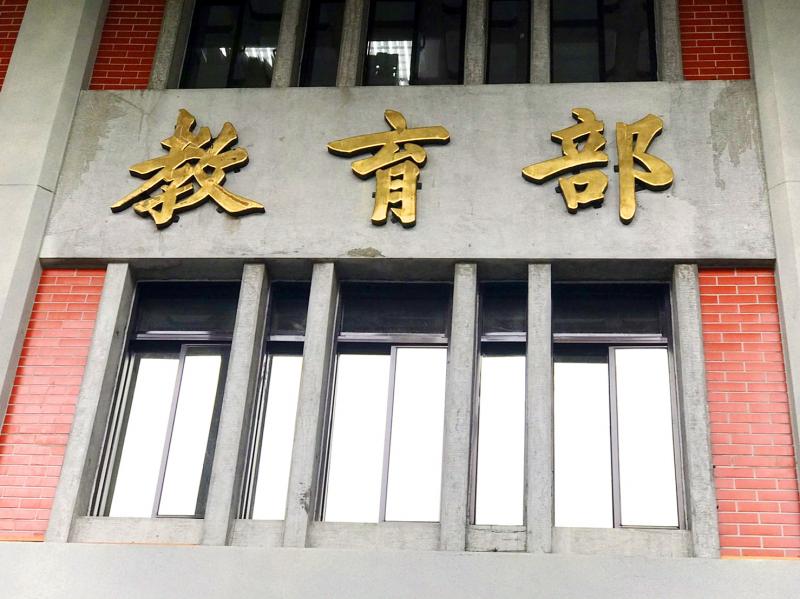-
By Wu Po-hsuan and Jake Chung / Staff reporter, with staff writer
The Ministry of Education has added a footnote in the abridged version of its Mandarin dictionary indicating that the terms for maternal grandparents carry the same meaning as those for paternal grandparents.
A paternal grandfather is called zufu (祖父) and a paternal grandmother is called zumu (祖母) in Mandarin, or a-gong (阿公) and a-ma (阿嬤) respectively in Hoklo (commonly known as Taiwanese).
Maternal grandparents are commonly referred to as wai zufu (外祖父) and wai zumu (外祖母) in Mandarin.

Photo: Rachel Lin, Taipei Times
The abridged version of the Ministry of Education Mandarin Chinese Dictionary is mainly used for elementary-school education, allowing students to learn the phrases’ meaning and contemporary definition, Lin Ching-lung (林慶隆), director of the National Academy for Educational Research’s Research Center for Translation, Compilation and Language Education, said on Friday.
The center decided to include the footnote due to concerns over gender equality, Lin said, adding that wai (外) is no longer used in legal matters.
In the Chinese language, a distinction is typically made using the terms nei (內, inner) to refer to the paternal side of the family and wai (外, outer) for the maternal side.
However, families nowadays are more likely to call grandparents of both sides of the family zufu and zumu, Lin said, adding that the footnote was added to reflect contemporary usage.
However, this does not mean that the terms wai zufu and wai zumu, or wai gong (外公, maternal grandfather) and wai po (外婆, maternal grandmother) no longer exist or that they have been dropped, he said.
The changes were made after discussions with experts and the Legislative Yuan’s Gender Equality Committee, Lin said, adding that the center is to review the dictionary three months for phrases or words that might need to be clarified.
Any person who have questions about the definitions in the dictionary can bring the issue to the academy, he said.
The academy will review the request and convene a panel of experts to discuss the issue, allowing the dictionary to be as up-to-date as possible, he said.
Comments will be moderated. Keep comments relevant to the article. Remarks containing abusive and obscene language, personal attacks of any kind or promotion will be removed and the user banned. Final decision will be at the discretion of the Taipei Times.
No comments:
Post a Comment